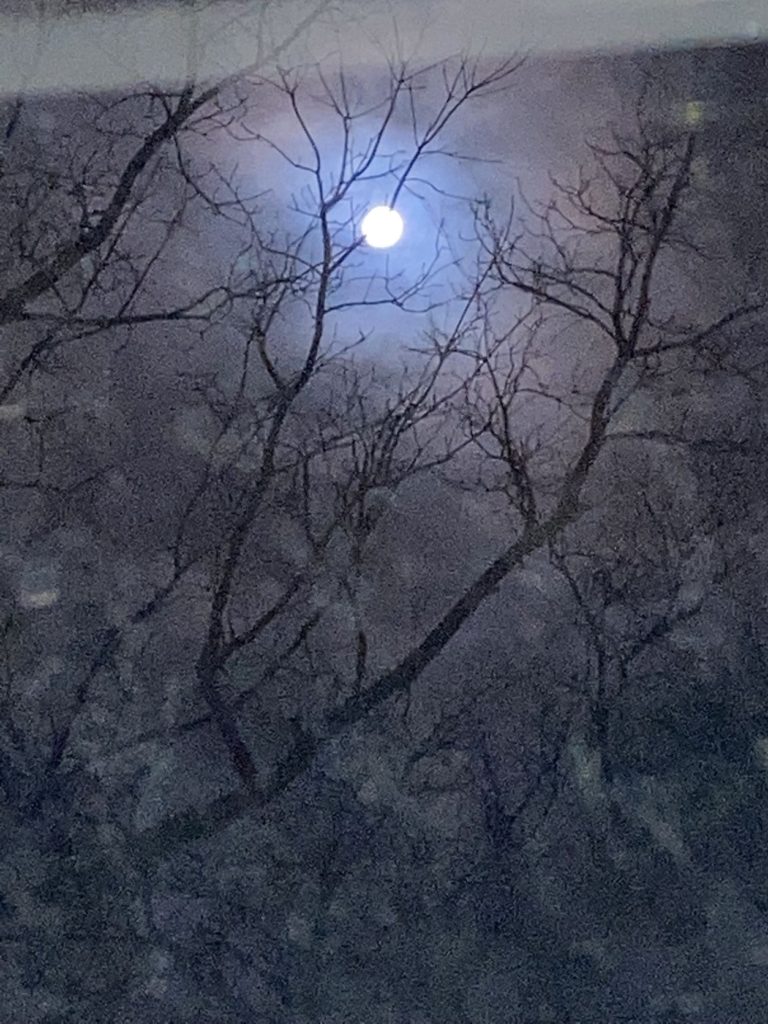
Acquainted with the Night
by Robert Frost
I have been one acquainted with the night.
I have walked out in rain—and back in rain.
I have outwalked the furthest city light.
I have looked down the saddest city lane.
I have passed by the watchman on his beat
And dropped my eyes, unwilling to explain.
I have stood still and stopped the sound of feet
When far away an interrupted cry
Came over houses from another street,
But not to call me back or say good-bye;
And further still at an unearthly height,
One luminary clock against the sky
Proclaimed the time was neither wrong nor right.
I have been one acquainted with the night.
I think that this poem reads well on the page, but when read aloud it leaps up in a mesmerizing and terrifying shadow play. Frost’s terza rima exploration of uncertainty and spiritual ennui is one that I read aloud so often it has memorized itself in me. It reminds me of the haunting surrealist paintings of Giorgio Di Chirico, especially his “The Nostalgia of the Infinite” (1911-1913, now in the Metropolitan Museum of Art in New York City.)
For me, Frost’s poems have a dark, brooding, incantatory beauty that casts a spell on the hearer or reader. Certainly he was an ambitious man–ambitious in the artistic and worldly senses, both. For these reasons, he seems a fitting pairing with the Shakespearean landscape that cropped up in the poem I wrote today.

Background on My Poem “A Fugue of Dark Questions”:
Yesterday, Tim, Julia, and I were recalling our first college-visit trip. I hadn’t known that Julia enjoyed the tiny and uncomfortable cabin we stayed in on the shore of Lake Erie after our visit to Oberlin and its Conservatory, or that she loved watching that evening, for the first time, reruns of the old television comedy, “Gilligan’s Island,” on a tiny black and white set.
Then, last evening, I read in the latest issue of Vogue magazine about the new production of Shakespeare’s tragic play, Macbeth, starring Daniel Craig and Ruth Negga that opens in New York City this evening. And I remembered the ambitious fun of reading Macbeth as a family, as a kind of weird trio invoking the Bard’s vistas as we traveled the Midwest. This poem is thinking about that memory, and ideas of ambition and double-edged awareness, as in the word, “fugue,” which has applications in both classical music and abnormal psychology.


Happy reading! Happy writing! LESLIE
